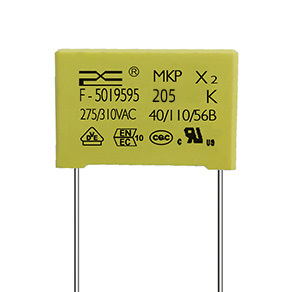Corrosion prevention is an important task for new equipment in wastewater treatment plants.
Categories: Industry News
2025-01-02
Mechanical equipment is an important component of wastewater treatment, and its effectiveness directly affects the quality of the effluent! Allnew equipmenthas its own rules for operation, maintenance, and repair. Only by correctly operating and maintaining the equipment according to the specified working conditions and operating procedures can the equipment be kept in good technical condition. At the same time,new equipmentduring long-term operation, mechanical equipment inevitably experiences wear and tear of components, imbalance in coordination, gradual deterioration of technical condition, and declining operational effectiveness due to friction, high temperatures, humidity, and various chemical actions. Therefore, it is necessary to accurately, timely, quickly, and with high quality disassemble and repair the equipment to restorenew equipmentthe equipment's performance and keep it in good working condition.

To maintainnew equipmentthe stable and normal operation of the equipment for a long time, it is essential to always keep the moving parts in good lubrication condition. Grease not only reduces friction and wear during operation but also has functions of corrosion prevention, leakage prevention, and cooling. Before leaving the factory,new equipmentthe equipment specifies the lubrication points, lubrication amounts, intervals for each lubrication and replacement, and what type of grease to add under what temperature conditions. However, the working conditions of new equipment in different wastewater treatment plants vary, and the technical personnel of this unit should formulate lubrication regulations for each new piece of equipment based on the conditions of this unit. The purchased grease should be labeled and stored separately to prevent misuse, contamination, mixing, or water ingress. Steel ropes and chains are widely used load-bearing components in large process equipment in wastewater treatment plants. After a period of use, these load-bearing components may wear out, break, or rust. If measures are not taken in time, it can lead to sudden breakage and other accidents, causing significant losses or even personal accidents. Therefore, operators and maintenance personnel should regularly inspect the steel ropes and chains on the equipment and take appropriate measures based on the situation. Due to the special environment, the corrosion of steel ropes in the wastewater treatment industry is very serious, especially for steel ropes and chains that are often soaked in wastewater and sludge. Once the steel ropes are subjected to external or internal corrosion, they are more prone to fatigue breakage when bent. On one hand, daily anti-corrosion maintenance should be strengthened, such as timely removal of surface sludge,regular lubricationand so on.On the other hand, it is necessary to regularly pry open the steel ropes with special tools to check for internal corrosion, and if necessary, invite professionals to measure the internal condition using methods such as magnetic flaw detection.
The anti-corrosion of equipment components is an important task in the equipment management of the wastewater treatment industry.,Harmful substances in wastewater can cause serious corrosion to steel, so the surfaces of the steel structural components of wastewater treatment equipment are coated with anti-rust paint. After a period of use, these coatings gradually wear, age, and peel off, allowing wastewater to penetrate and accelerate corrosion. Therefore, water treatment plants should regularly check the condition of these coatings and repair them as needed.
RELATED INFORMATION
2025/01/02







